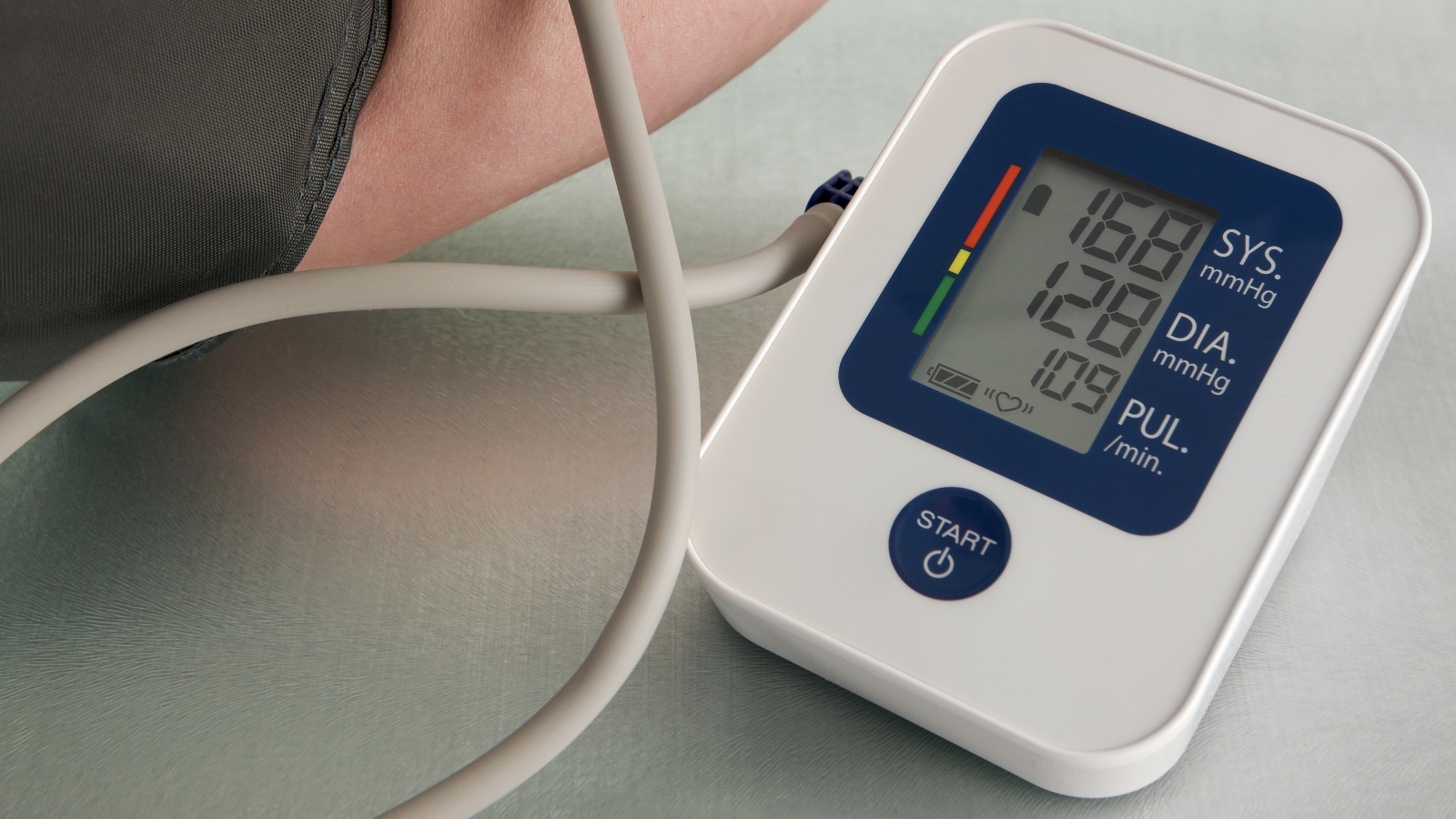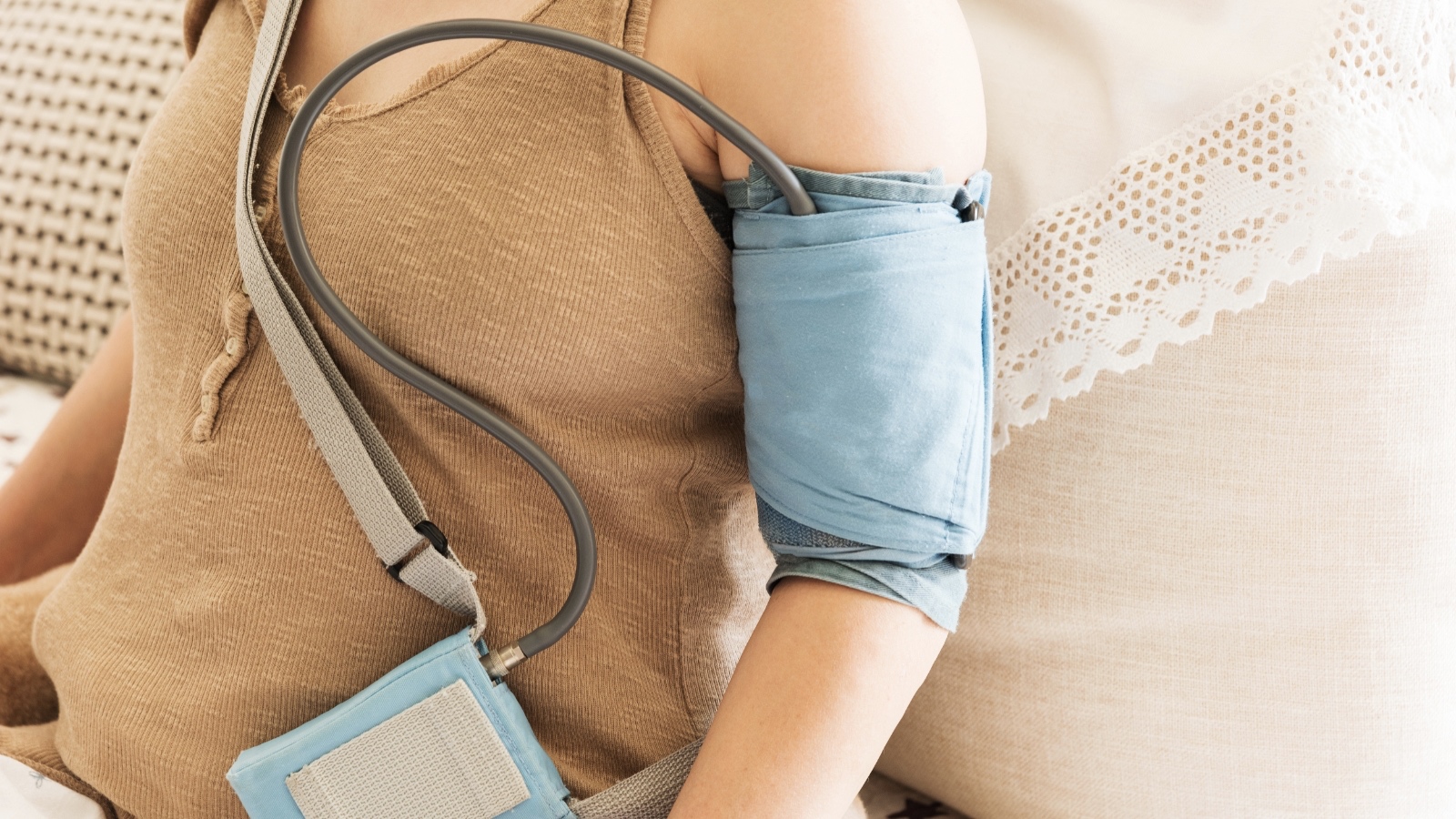Hypertension, also known as the silent killer, is a widespread disease in Hungary, with more than 3 million people diagnosed with the condition and some estimates suggest that there are more than 1 million people living with the condition in Hungary without knowing it. However, if left untreated, there can be serious consequences for values outside the optimal range for longer periods. What is 24-hour blood pressure monitoring and how is it done?
High blood pressure is insidious. Its symptoms are often unnoticed, and in a significant proportion of cases it can cause serious complications without any symptoms. That is why it is important to take the smallest signs seriously and to attend regular check-ups in the absence of symptoms (especially if you have a family history of high blood pressure or other cardiovascular disease).
Symptoms of high blood pressure
If symptoms occur, they usually include:
- chest, cardiac pressure
- rapid, strong heartbeat
- headache
- sweating
- visual impairment
- dizziness, weakness
Because many people see the symptoms they experience as an ‘everyday problem’, some people only seek specialist advice after more serious complications develop. Urination at night or difficulty breathing on exertion is a sign of a more advanced condition or complication, and if left untreated, hypertension can lead to blockage of blood vessels in the brain or heart - a stroke or heart attack.

Complicating factors: masked hypertension and white coat syndrome
Diagnosis of hypertension can be made more difficult by both masked hypertension and white coat syndrome. In the former case, the person's blood pressure in the doctor's surgery is lower than in everyday life; with the white coat syndrome, the patient's blood pressure is higher in the presence of excitement - in this case, in the presence of the doctor - and returns to normal at rest. In such cases, 24-hour blood pressure monitoring is of particular importance.
In Hungary, cardiovascular diseases are responsible for around 50-60 thousand deaths a year - almost half of all deaths annually. In the absence of characteristic symptoms, these conditions are usually difficult to recognise or distinguish from each other, so cardiac screening plays an indispensable role in diagnosis. How is the test done? Who might need it? What cardiovascular diseases can it detect? Read our previous article on this topic: Cardiac screening - How is the screening done?
The role and procedure of 24-hour blood pressure monitoring
The 24-hour blood pressure measurement, or ABPM, is a commonly used method to screen for hypertension. It involves a device attached to the patient's body that automatically measures blood pressure values at set times throughout the day. During this time, the person can perform their daily activities in the same way, and they are only advised to write down how and when they spent their time on the day of the test - this information will be useful to the physician during the evaluation. It is also worth noting down any complaints you may have during the day.

After 24 hours, the device is removed and the data can be analysed after the are recorded on a computer. Whether it's high or low blood pressure, masked hypertension or white coat syndrome, the results will help your internist, hypertension specialist or cardiologist decide exactly what to do next.
Aim for prevention: get a 24-hour blood pressure monitoring!
If you have a history of cardiovascular disease in your family - parents or grandparents - or symptoms of high blood pressure, ask for a specialist cardiology or internal medicine examination, or choose one of our complex screening packages.